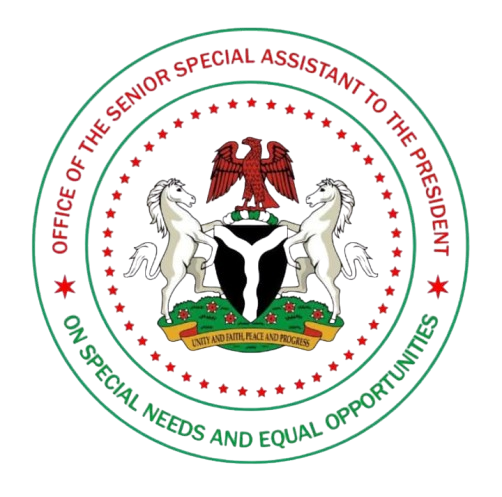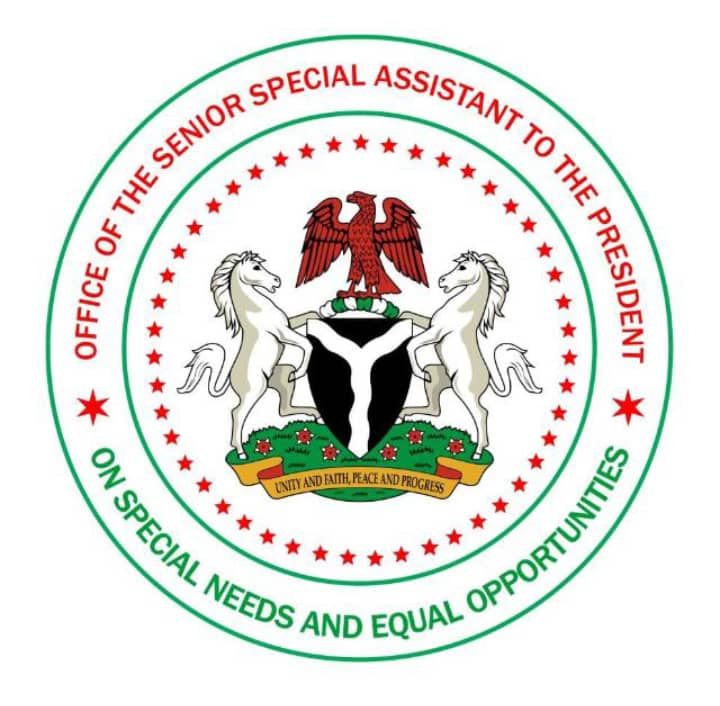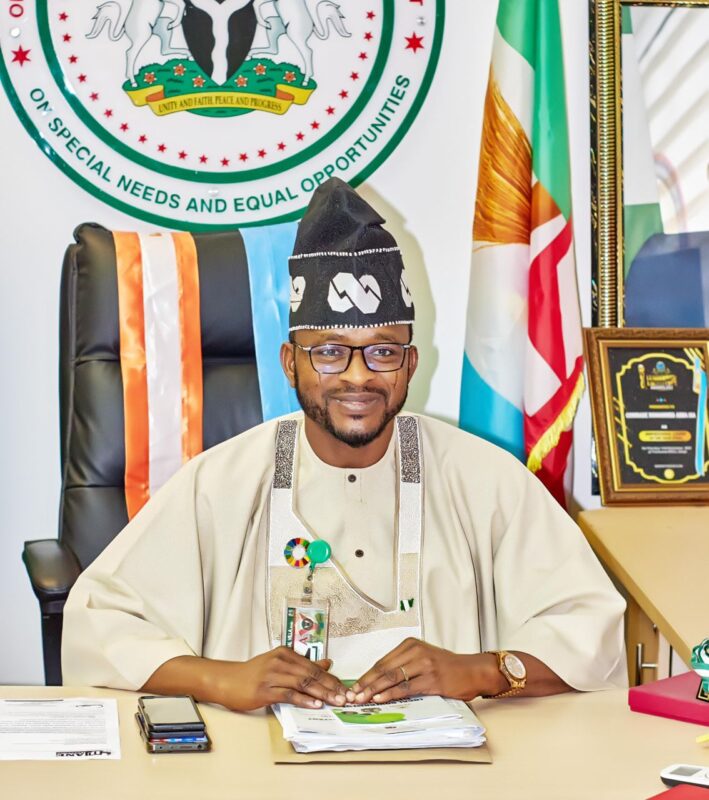By Lanre Oloyede
The Senior Special Assistant to the President on Special Needs and Equal Opportunities, Hon. Mohammed Abba Isa, has outlined five strategic recommendations to guide stakeholders in implementing Nigeria’s commitments made at the 2025 Global Disability Summit (GDS).
Hon. Abba Isa, who was represented by his Director Media and Communications, Mr Lanre Oloyede, made the remarks at the Post-GDS 2025 Review Workshop on Lessons Learned and Strategic Alignment, organized by the Albinism Aid Centre in collaboration with the Mimijane Foundation for Women and Children with Disabilities.

He commended both organizations for convening the timely and strategic workshop, praising their efforts to bring together a diverse coalition of stakeholders—including grassroots Organizations of Persons with Disabilities (OPDs), civil society actors, government representatives, and media partners.
“This workshop is a testament to the power of collaboration in strengthening advocacy and aligning strategies toward an inclusive Nigeria,” he said.

The Senior Special Assistant emphasized the importance of the workshop in assessing Nigeria’s post-GDS progress, drawing lessons from the journey so far, and forging a unified strategy for the future.
Reflecting on Nigeria’s commitments at the GDS, he urged stakeholders to focus on three key areas: health equity, inclusive education, and inclusive employment—which he described as foundational pillars and “strategic low-hanging fruits” that offer feasible and high-impact opportunities for implementation.
He elaborated:
On Health Equity: “We must intensify efforts to ensure accessible, affordable, and non-discriminatory health services for all persons with disabilities, especially in the area of sexual and reproductive health for women and girls.”
On Inclusive Education: “We need to strengthen the implementation of Universal Design for Learning, enhance teacher training for inclusive education, and ensure that budgetary allocations effectively reach learners with disabilities at all levels.”
On Inclusive Employment: “We must push for the adoption of disability-inclusive recruitment policies across the public and private sectors, including employment quotas and the provision of reasonable accommodations in the workplace.”
Hon. Abba Isa reaffirmed the commitment of the Tinubu administration to the full realization of Nigeria’s GDS commitments, aligning with the Renewed Hope Agenda. He cited the Presidential Compressed Natural Gas Initiative, the implementation of the Nigeria Startup Act, and the Renewed Hope Conditional Cash Transfer Programme as concrete examples where disability inclusion must be intentionally integrated.

He also emphasized that his office remains steadfast in ensuring the full implementation of the National Disability Act, through active engagement with Ministries, Departments, and Agencies (MDAs), state actors, and development partners.
As part of his address, Hon. Abba Isa offered five key recommendations to ensure strategic progress:
- Operationalize GDS Commitments at the State Level
Nigeria’s GDS commitments must be localized through implementation at state and local government levels—where the majority of persons with disabilities live and interact with service systems. - Strengthen Data Collection and Accountability Mechanisms
Robust and inclusive data systems are essential for tracking progress and evaluating impact. Investments must be made in credible, disaggregated data collection to monitor the implementation of both GDS commitments and the Disability Act. - Center the Voices of Women with Disabilities
As primary rights-holders and advocates, women with disabilities must be central to the design, implementation, and monitoring of all advocacy and development interventions. - Leverage the Power of the Media
The media is a vital partner in reshaping societal narratives around disability. Strategic collaboration with media outlets can amplify inclusive development stories and promote attitudinal change. - Translate Policies into Actionable Services
Beyond rhetoric, there must be a strong push to convert policy commitments into tangible, accessible, and high-impact services that reach persons with disabilities in real time.
In closing, Hon. Abba Isa called on all participants to leave the workshop with a sense of urgency and shared commitment:
“Let us leave here today not just with reflections, but with renewed resolve—to transform our lessons learned into tangible action, to translate policies into accessible services, and to stand united for an inclusive Nigeria where everyone, regardless of ability, can thrive and contribute meaningfully.”


